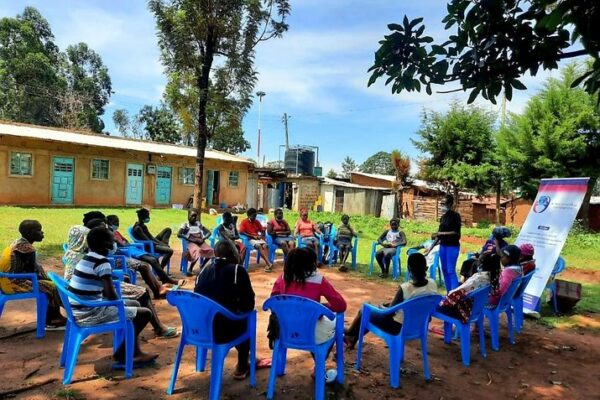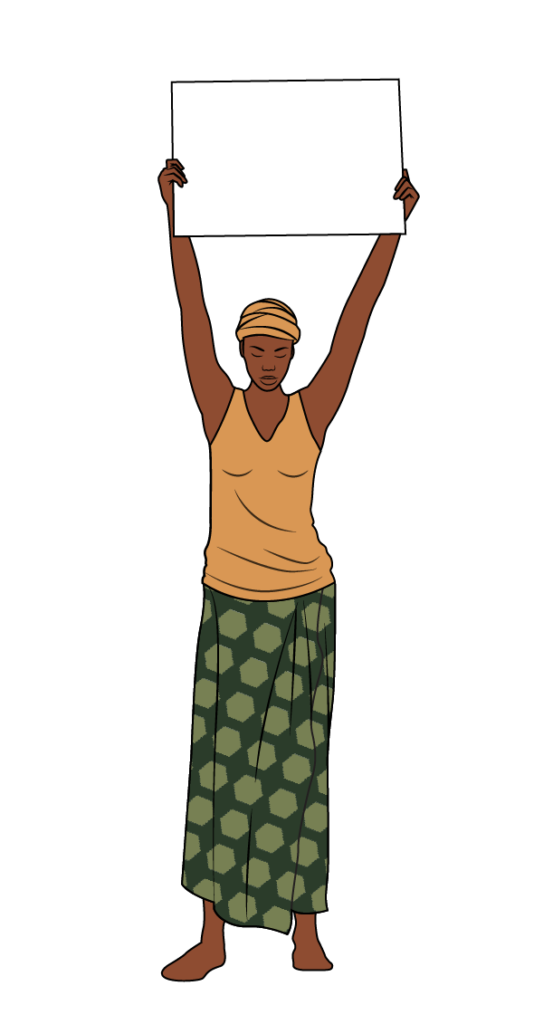It is an understatement to say that COVID-19 has caused disruptions in our work and our lives. Lockdowns, gathering restrictions, and a global shift in attention towards the pandemic has affected almost every aspect of society and has left other needs stranded. Abortion access, among other reproductive needs, has been sidelined and governments have failed to adopt measures to ensure continuity of services in the formal healthcare system.
Meanwhile, COVID-19 exacerbated the existing sexual and reproductive health needs that people had before the pandemic, such as the need for contraception, menstrual hygiene products, treatments for sexually transmitted infections, and abortion care. The government’s failure to ensure continued access to essential, time-sensitive medical care during the pandemic has caused interruptions to abortion services and aggravated longstanding barriers to safe and legal abortion. The barriers to abortion access affect all people, but disproportionately impact vulnerable groups, such as youth, sex workers, people with low income, and those living in rural areas.
In 2020 the MAMA Network sought to understand and document the impact of the COVID-19 pandemic on the network’s member organizations and their work. The data from our study showed that many organizations’ budgets were not prepared to handle changes that COVID forced them to make. Additionally, physical distancing and gathering limitations downsized in-person activities. Working from home and decreased access to commodities also challenged organizations’ abilities to meet their intended programmatic goals.
Despite the growing need for abortion care, the pandemic saw a decrease in access. Many countries saw a decrease in the stock of abortion pills in pharmacies, healthcare facilities, and other suppliers. Many clinics that provide abortions closed due to the pandemic, and others considered abortion a ‘non-essential’ healthcare service and stopped accepting visits. Furthermore, people faced other challenges in accessing and taking abortion pills. Affording pills also became a problem, with many people losing economic security during the pandemic. It also became increasingly difficult for people to take abortion pills at home due to the lack of privacy that came with lockdowns, quarantine, and working from home.
Organizations and activists whose work is dedicated to expanding access to safe abortion services witnessed firsthand the effects of COVID-19 on the provision of abortion and faced new and unforeseeable challenges in meeting the needs of their community. Over the past year, MAMA Network has reached out to several of its members to better understand how organizations have been affected by the pandemic, and the ways they overcame challenges.
One of the biggest challenges that organizations faced throughout the pandemic was the lack of funding. Many organizations’ budgets were not prepared to handle the changes that COVID-19 forced them to make, compounded by reduced funding from donors. The pandemic brought on new costs that had not been budgeted for, such as remote work costs, safety materials, and costs related to transitioning to online platforms. Many organizations also lost staff during the pandemic, mostly due to a lack of funding to pay salaries. Physical distancing and gathering restrictions highly impacted in-person activities. Organizations that conduct in-person outreach, such as workshops and community meetings, had to decrease the size of events or cancel altogether. Shifting to remote work also brought challenges, with many organizations lacking necessities required to work from homes, such as reliable internet access, computers and phones for home use, and the lack of privacy required to talk about abortion issues in countries where abortion is legally restrictive and stigmatized.
Notwithstanding these challenges, activists developed creative and resourceful ways to continue their work and ensure continued access to abortion information and services. Organizations adapted their activities to meet COVID-19 safety guidelines, by providing personal safety equipment, implementing physical distancing, limiting the size of gatherings, providing one-on-one appoints, and doing outreach, and were thus able to resume their in-person visits and provide abortion support. Many organizations moved their programming and activities to online spaces when the pandemic hit. Organizations improved their websites, used social media to advertise their services, and utilized online chat platforms to provide information. Hotlines became a critical resource for safe abortion and sexual health information during the pandemic. Many organizations took the opportunity to turn their efforts inwards, by focusing on training staff and increasing their operational capacity.
However, our report shows that despite all the efforts done to overcome the challenges brought on during the pandemic, there is no amount of resilience that can trumple the lack of structural change that is needed. For many organizations that are members of the MAMA Network, lack of funding and restrictive budgets have been one of the biggest hurdles to continuing work throughout the pandemic. Such limited funding prevents organizations from implementing solutions to unforeseen challenges and stifles opportunities for creativity and innovation. Activists on the ground are best suited to recognize the needs of their communities, and find solutions to meet those needs, and should thus be granted the trust and autonomy to do the work in the way they see fit.
Inspired by Arundhati Roy we believe that the pandemic is indeed a portal and we are ready to imagine a new world and fight for it.



